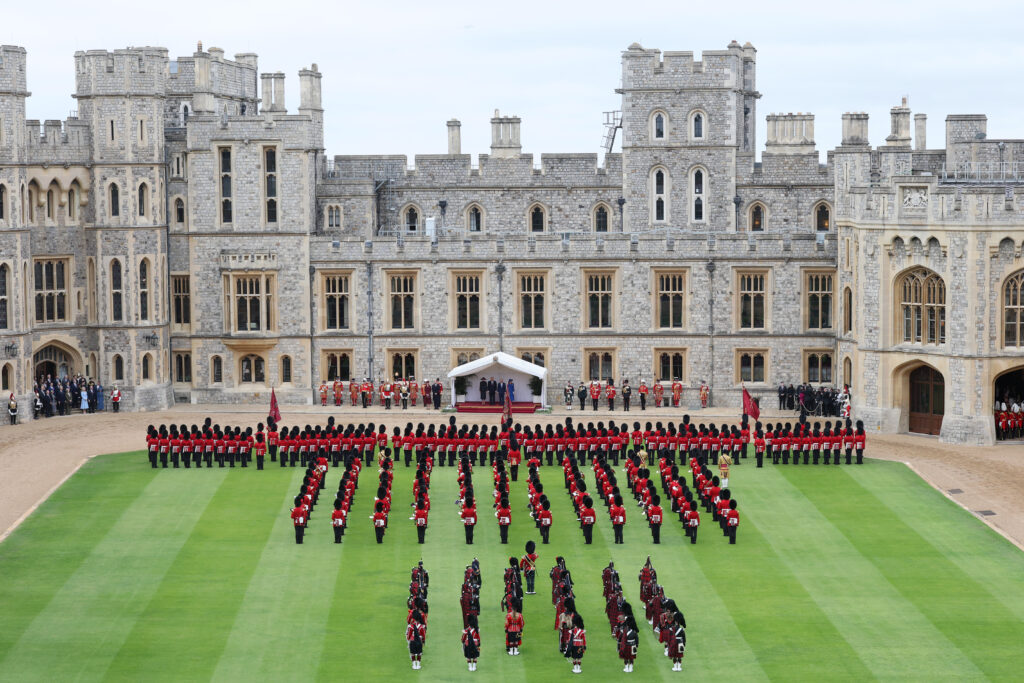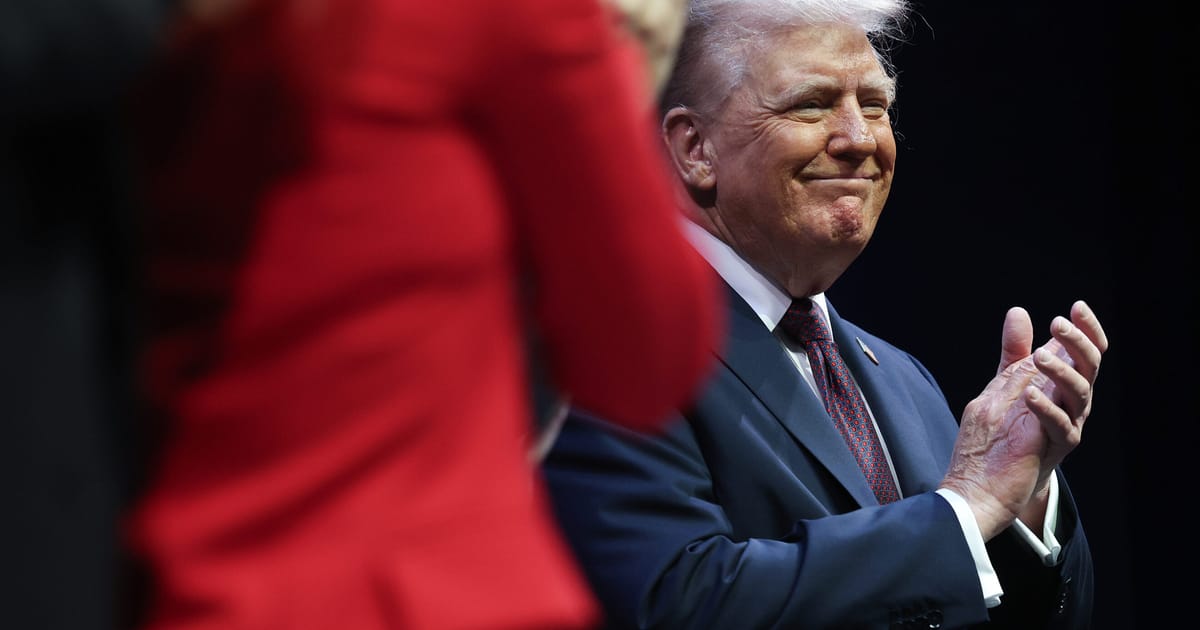But that’s where the benefits ends. The assumption that ego management can be transmuted into lasting policy gains is wrong. Trump isn’t moved by gestures intended to alter his interests or demands, and he quickly returns to extracting more concessions. Rather than a shield against pressure, a successful pageant is simply an invitation for more.
Britain should have learned this already from the EU’s experience. Just this July, European Commission President Ursula von der Leyen traveled to Scotland to meet Trump, determined to calm tensions. She came armed with compliments, pledges to buy American products and warm affirmations of the transatlantic bond, and the meeting was immediately declared a triumph — even though it resulted in an uneven trade framework the bloc swore it would never accept. Trump praised von der Leyen personally and celebrated the agreement as a success of his trade policy, while Brussels congratulated itself on soothing the beast.
But the so-called victory was short-lived. Before the summer ended, Trump was already denouncing the EU’s Digital Services Act as “designed to harm, or discriminate against, American Technology” — an issue supposedly settled with the framework deal — and the U.S. was threatening new retaliatory tariffs.
Qatar offers an even more cautionary tale. The small oil-rich Gulf emirate arguably won the Trump flattery sweepstakes by giving the U.S. a staggering $400 million super-luxury aircraft to substitute for the aged Air Force One — perhaps the most extravagant gift ever offered by a U.S. ally. And it certainly generated a lot of warm words from Trump.
 The U.K. rolled out the red carpet for U.S. President Donald Trump last week. | Chris Jackson/Getty Images
The U.K. rolled out the red carpet for U.S. President Donald Trump last week. | Chris Jackson/Getty Images
Yet, when Israel launched attacks on Hamas leadership in Doha, Washington looked the other way. The aircraft donation might have bought photo ops and handshakes, but it certainly didn’t buy the political cover Qatar needed to avoid having its capital bombed by America’s closest ally. The lesson was harsh: Appeasement wasn’t only ineffective, it was ruinously expensive.
Britain will probably soon face a similar reality. If anything, the U.K.’s ceremonial indulgence signaled to Trump just how much London fears his displeasure and, therefore, how much he can demand. It should also be noted that most of the U.S. investments in Starmer’s “Tech Prosperity Deal” announced during Trump’s visit were previously announced commercial decisions, bundled into a “deal” to coincide with Trump’s visit for political PR purposes.
